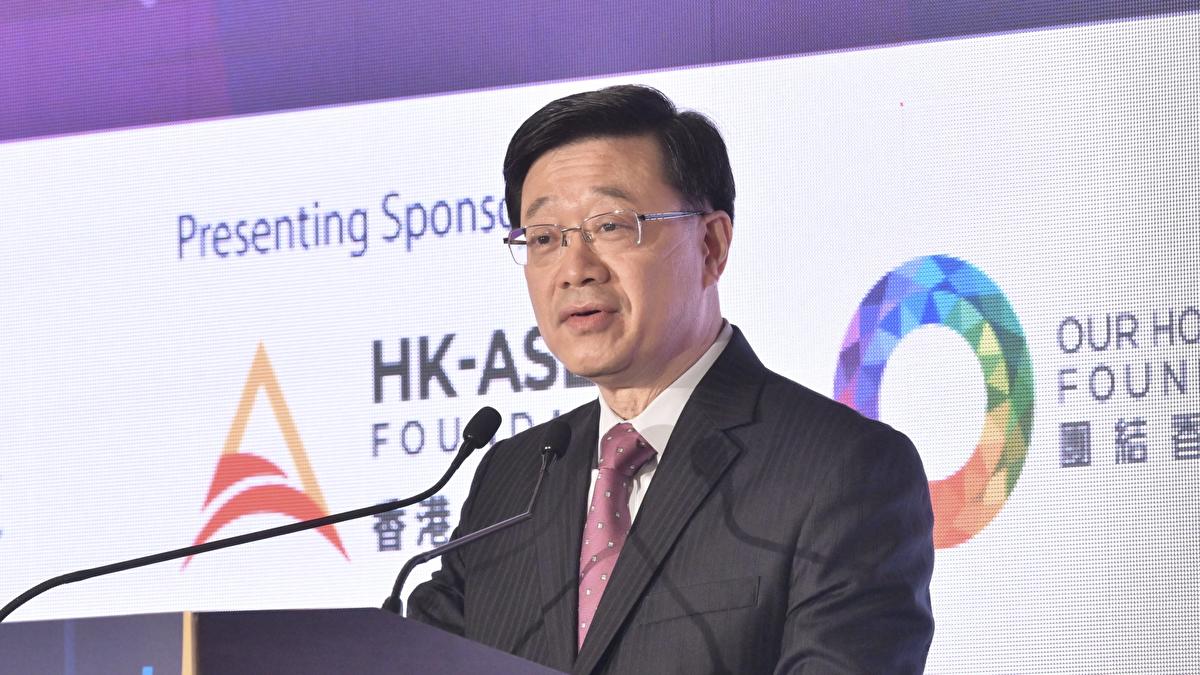
Hong Kong enterprises are expanding into new markets involved in the Belt and Road Initiative, eyeing both physical and digital business opportunities.
CoCoon Ignite Ventures, a Hong Kong-based venture capital firm investing in early-stage entrepreneurs, signed a memorandum of understanding with Astana Hub, the largest IT startup incubator in Central Asia, in May, one of 14 collaborative outcomes from a trade delegation’s visit to Hungary and Kazakhstan.
ALSO READ: Financial resilience driven by innovation
The collaboration enables the Hong Kong firm to assist Kazakh startups in leveraging the special administrative region’s financial strengths in fundraising and developing go-to-market strategies. Roland Yau, CoCoon’s managing partner, said that local businesses are increasingly looking beyond their region toward markets like Hong Kong and the Chinese mainland.
According to Yau, there is a keen interest in e-government, e-commerce, logistics, and healthcare among Kazakh firms, particularly e-government, which Yau sees as closely matching the development trends both on the mainland and in Hong Kong.
As the BRI — the country’s flagship infrastructure and investment project proposed in 2013 — continues to connect ports, railways, highways, and bridges worldwide, “a digital layer will emerge on top of these connections, creating new business and investment opportunities, such as e-commerce, cross-border payments, and logistics,” said Yau.
READ MORE: HK, BRI can enjoy a symbiotic relationship
The visit in May also provided Hill Wang, founder and CEO of Hong Kong fintech firm AnchorX, with firsthand insights into the business opportunities and regulatory landscape in Kazakhstan. He said, “My takeaway is clear: Kazakhstan is a country worthy of further exploration and investment.”
AnchorX, which specializes in stablecoin solutions, signed cooperation agreements with the Astana International Financial Centre (AIFC) and oil and gas company Aral Petroleum Capital (APC). Wang attributed AnchorX’s collaboration with the AIFC to its transparent operation under common law and the “comprehensive, friendly regulatory regime” established by its regulator, the Astana Financial Services Authority, for virtual assets, including stablecoins.
The partnership with the petroleum firm aims to explore the use of stablecoins for cross-border payments within the energy business between Hong Kong and Kazakhstan, addressing the inefficiencies of traditional settlement methods that can take up to 10 days, Wang added.
ALSO READ: HK, Kazakhstan sign MoU on education cooperation
Kazakhstan, as the largest economy in Central Asia, accounts for more than half of the region’s economic output. More importantly, China rose to become its biggest trade partner in 2023.
Hungary is notable for being the first European country to join the BRI, and it has a wealth of business opportunities, particularly in electric vehicles, environmental protection, and financial services, Patrick Lau, deputy executive director of the Hong Kong Trade Development Council, explained in an interview on Thursday in a lead-up to the 9th Belt and Road Summit scheduled for Sept 11 and 12.

Strengthening ASEAN ties
Moreover, Hong Kong has been ramping up its efforts to explore business opportunities in Southeast Asia in recent years. Chief Executive John Lee Ka-chiu led a delegation to three Association of Southeast Asian Nations (ASEAN) countries — Laos, Cambodia, and Vietnam —in July, where they signed 55 MOUs. This marks Lee’s third visit to the 10-member bloc since taking office in 2022.
ASEAN is Hong Kong’s second-largest trade partner, behind the Chinese mainland. In 2023, the bilateral trade value reached $144.6 billion, accounting for almost 13 percent of Hong Kong’s total foreign trade.
READ MORE: HK can achieve win-win with its ASEAN partners
To bolster the promotion of trade in emerging markets involved in the BRI, the HKTDC, co-organizer of the upcoming Belt and Road Summit, will set up offices in Dhaka, Bangladesh; and Phnom Penh, Cambodia.
Around 80 officials and business heavyweights from these countries and other parts of the world will share their insights into how to leverage Hong Kong’s unique advantages to jointly explore Belt and Road markets during the two-day event. Nurlan Baibazarov, deputy prime minister and minister of the national economy of Kazakhstan, will give a keynote address.
The summit is expected to attract nearly 6,000 participants from 70 countries and regions, as it did last year.
ALSO READ: John Lee’s ASEAN trip underscores desire to strengthen ties
In addition to serving as a platform for exchanging ideas, this year’s summit will continue to offer investment and business matching services, with over 280 investment opportunities and more than 800 one-on-one meetings anticipated, Lau said, adding that “Hong Kong is a place to make deals”.
Lau estimated that the number of agreements signed this year will be comparable to last edition’s total of 21, reached in sectors such as renewable energy, research and development, infrastructure, and logistics.
Contact the writer at irisli@chinadailyhk.com


